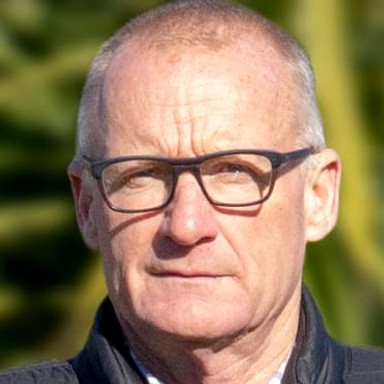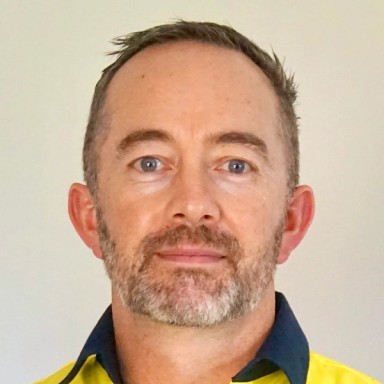
Environment Canterbury
Explore the candidates in your area
John Faulkner
Independent
John Faulkner
Independent
Why I'm standing
I spent a decade within the zone committee process. From the information presented, science and community aspirations, it is obvious that the environmental challenges are large and costly. To achieve the complex outcomes we all need to collaborate. This can only be achieved with a leadership outcome-centred approach. The alternative is community division where the environment will be the ultimate loser. Many of the issues require land users' support in a non-regulatory arena.
About me
I work at the coal face of environmental protection and Iwi engagement and see the pathway forward to achieve outcomes that are desired by all parties. The majority of Canterbury iconic rivers, streams, lakes and wetlands are within rural ownership or influence. To truly bring rapid and positive change, the rural community must be engaged.
My priorities
- Deliver real outcomes at the pace required to meet social cohesion and environmental needs.
- Articulate to community the immense benefits of engaging rural community in non-regulatory actions.
Residence
Culverden
Age
68
Connect via
Why I'm standing
I spent a decade within the zone committee process. From the information presented, science and community aspirations, it is obvious that the environmental challenges are large and costly. To achieve the complex outcomes we all need to collaborate. This can only be achieved with a leadership outcome-centred approach. The alternative is community division where the environment will be the ultimate loser. Many of the issues require land users' support in a non-regulatory arena.
About me
I work at the coal face of environmental protection and Iwi engagement and see the pathway forward to achieve outcomes that are desired by all parties. The majority of Canterbury iconic rivers, streams, lakes and wetlands are within rural ownership or influence. To truly bring rapid and positive change, the rural community must be engaged.
My priorities
- Deliver real outcomes at the pace required to meet social cohesion and environmental needs.
- Articulate to community the immense benefits of engaging rural community in non-regulatory actions.
Residence
Culverden
Age
68
Connect via
Mayor
Compare the mayoral candidates in your area
Local council
Compare the candidates for your city or district council
Regional council
Compare the candidates for your regional council
Local board
Compare the candidates for your local or community board


